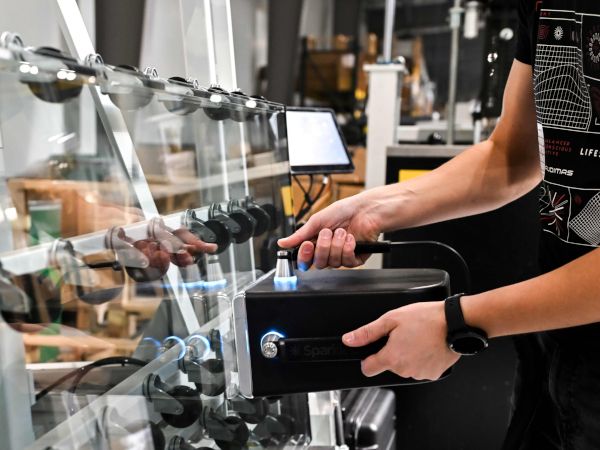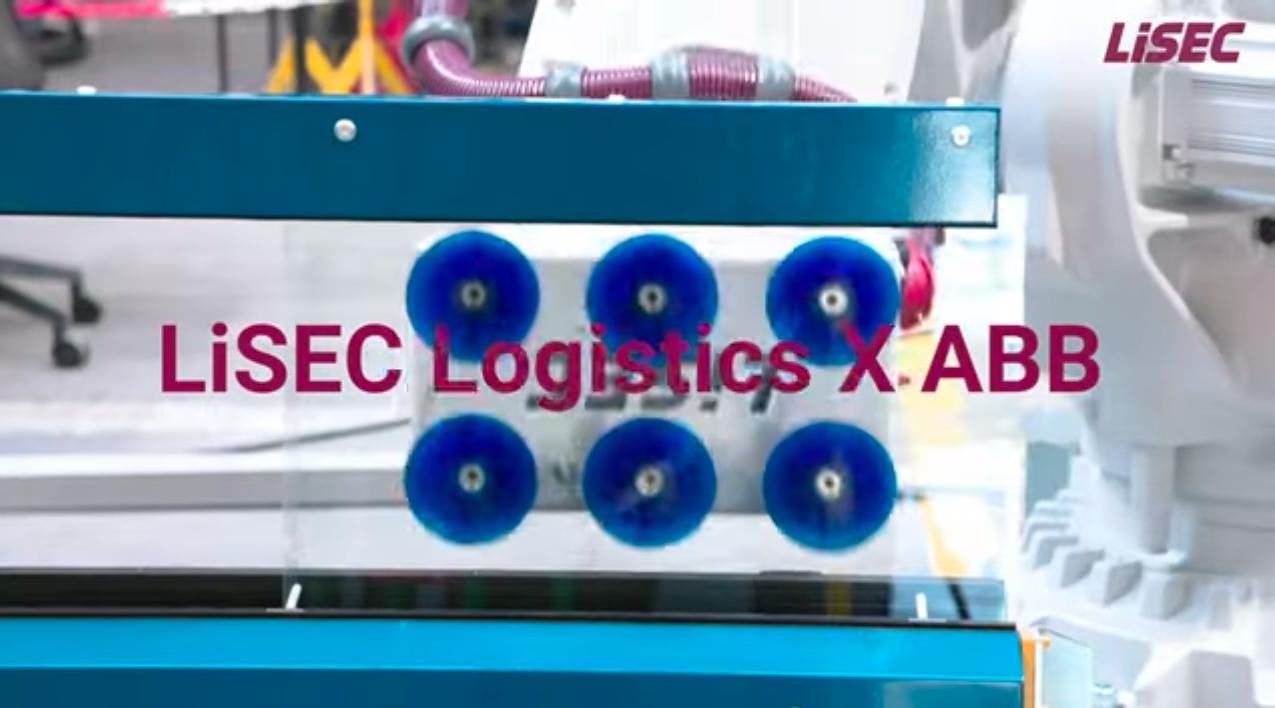The ongoing reconstruction of Ukraine presents a monumental challenge, demanding vast resources and materials.
Among the most critical is glass, a ubiquitous component in residential, commercial, and infrastructural rebuilding. Paradoxically, despite possessing abundant raw materials, Ukraine has historically relied heavily on glass imports, a situation exacerbated by the war. Understanding this dependence and charting a path toward domestic glass production is crucial for the nation’s recovery.
For years, the Ukrainian glass market was flooded with cheaper imports from Russia and Belarus. This seemingly illogical situation – exporting raw sand while importing finished glass products – stemmed from several interconnected factors:
Energy Dependence: Glass production is an energy-intensive process. Rising energy prices in recent years rendered Ukrainian production uncompetitive. As Olena Shulyak, Chair of the Committee on the Organisation of State Power, Local Self-Government, Regional Development and Urban Planning, noted, “Glass production is an extremely energy-intensive process. The cost of gas, which has only been rising in recent years, has a significant impact on the cost of production. This made our production uncompetitive even before the war.”
Technological Gaps: Ukrainian glass manufacturers lacked the modern equipment necessary to produce high-quality float glass, the industry standard for modern construction. This technological deficit further hampered competitiveness.
Investment Challenges: Establishing a modern glass production facility is a capital-intensive undertaking, requiring significant investment that historically proved difficult to attract.
The Urgent Need for Domestic Production
The full-scale war has intensified the need for domestic glass production. The massive scale of reconstruction – encompassing homes, schools, hospitals, and critical infrastructure – necessitates enormous quantities of glass. Continued reliance on imports exposes Ukraine to volatile global markets, price fluctuations, and potential supply chain disruptions, hindering the pace of recovery.
Prospects for a Resurgent Industry
Ukraine possesses the fundamental assets required for a thriving glass industry: substantial reserves of raw materials, a sizable domestic market, and a skilled workforce. However, realizing this potential requires addressing key challenges:
Energy Security: Reliable and affordable energy is paramount. Investing in energy efficiency measures within glass production facilities and securing diverse energy sources are crucial for long-term viability.
Investment Attraction: Creating a favorable investment climate is essential. This includes streamlined regulatory processes, tax incentives, and guarantees against political and economic risks to attract both domestic and international investment.
Governmental Support: Targeted government policies are needed to support the development of the glass industry. This could encompass direct financial assistance, infrastructure development (including access to reliable transportation networks), and collaboration with research institutions to enhance technological capabilities.
In conclusion, developing a robust domestic glass production sector is not merely desirable; it’s essential for Ukraine’s post-war reconstruction. By addressing the challenges outlined above, Ukraine can leverage its existing resources and create a thriving industry, reducing reliance on imports, bolstering its economy, and ensuring a swifter and more resilient recovery.
Until these goals are achieved, we recommend that processors from the Balkans concentrate their efforts in Ukraine and maintain a presence there!
Source: GlassBalkan







